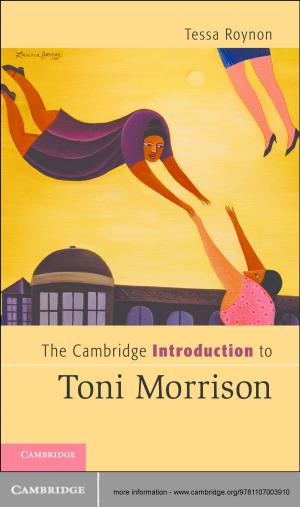Knowing and Not Knowing in Intimate Relationships
Nonfiction, Health & Well Being, Psychology, Social Psychology, Social & Cultural Studies, Social Science| Author: | Paul C. Rosenblatt, Elizabeth Wieling | ISBN: | 9781107425392 |
| Publisher: | Cambridge University Press | Publication: | July 25, 2013 |
| Imprint: | Cambridge University Press | Language: | English |
| Author: | Paul C. Rosenblatt, Elizabeth Wieling |
| ISBN: | 9781107425392 |
| Publisher: | Cambridge University Press |
| Publication: | July 25, 2013 |
| Imprint: | Cambridge University Press |
| Language: | English |
In the extensive literature on couples and intimacy, little has been written about knowing and not knowing as people experience and understand them. Based on intensive interviews with thirty-seven adults, this book shows that knowing and not knowing are central to couple relationships. They are entangled in love, sexual attraction, trust, commitment, caring, empathy, decision making, conflict, and many other aspects of couple life. Often the entanglement is paradoxical. For example, many interviewees revealed that they hungered to be known and yet kept secrets from their partner. Many described working hard at knowing their partner well, and yet there were also things about their partner and their partner's past that they wanted not to know. This book's qualitative, phenomenological approach builds on and adds to the largely quantitative social psychological, communications and family field literature to offer a new and accessible insight into the experience of intimacy.
In the extensive literature on couples and intimacy, little has been written about knowing and not knowing as people experience and understand them. Based on intensive interviews with thirty-seven adults, this book shows that knowing and not knowing are central to couple relationships. They are entangled in love, sexual attraction, trust, commitment, caring, empathy, decision making, conflict, and many other aspects of couple life. Often the entanglement is paradoxical. For example, many interviewees revealed that they hungered to be known and yet kept secrets from their partner. Many described working hard at knowing their partner well, and yet there were also things about their partner and their partner's past that they wanted not to know. This book's qualitative, phenomenological approach builds on and adds to the largely quantitative social psychological, communications and family field literature to offer a new and accessible insight into the experience of intimacy.















